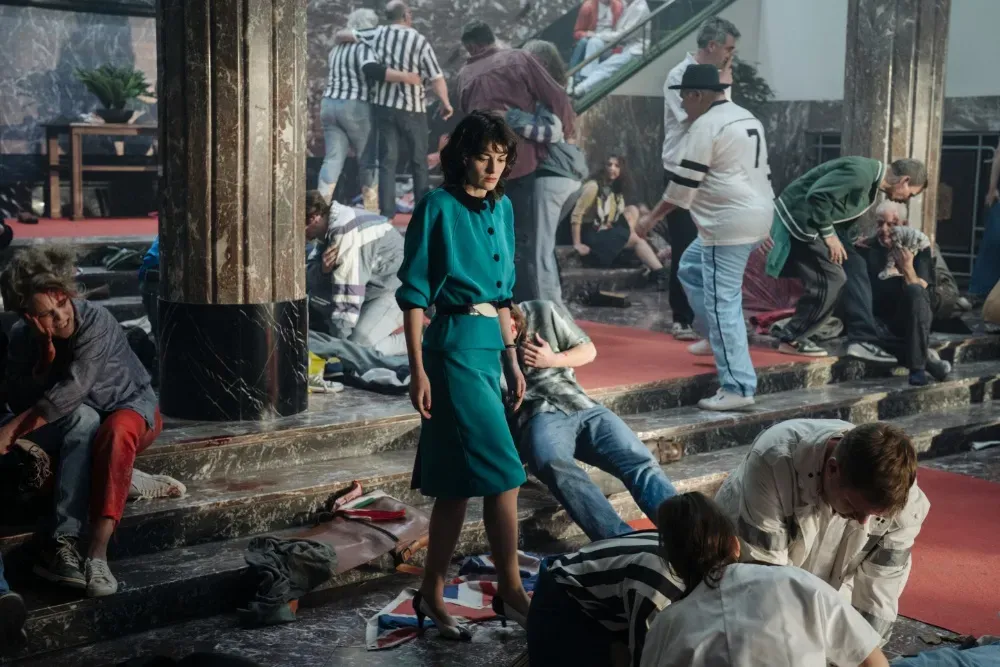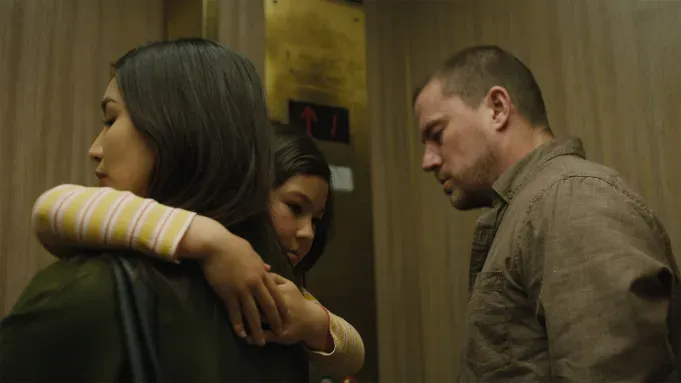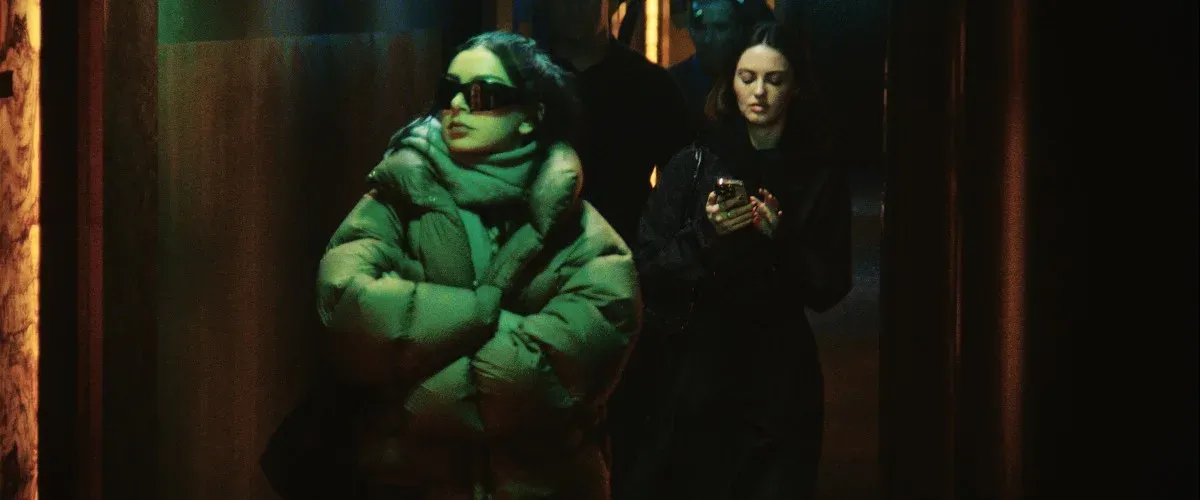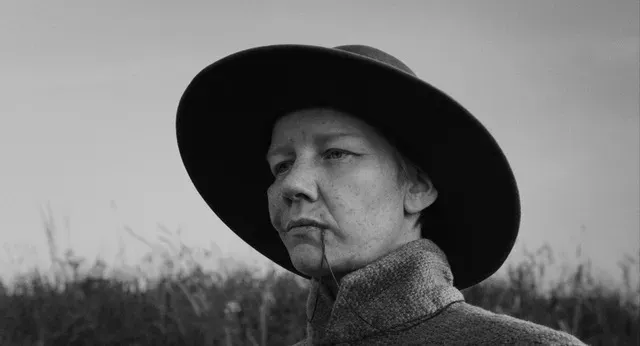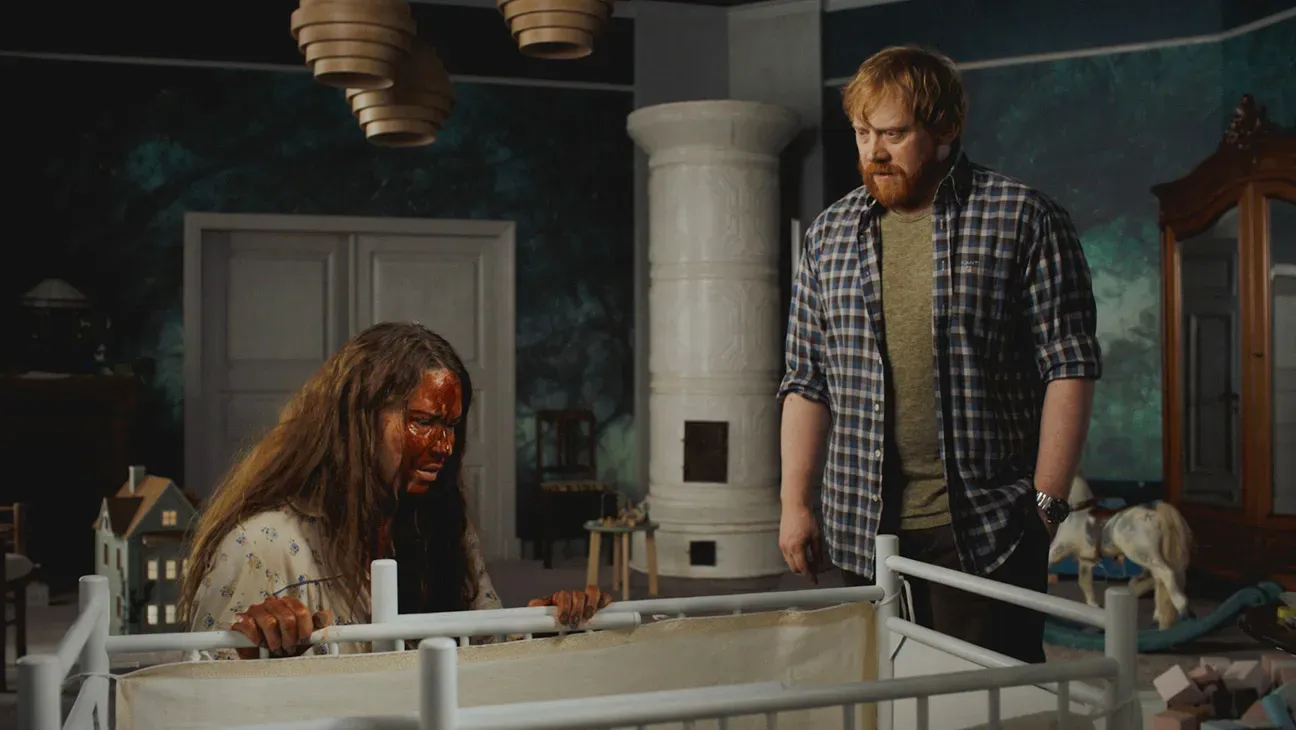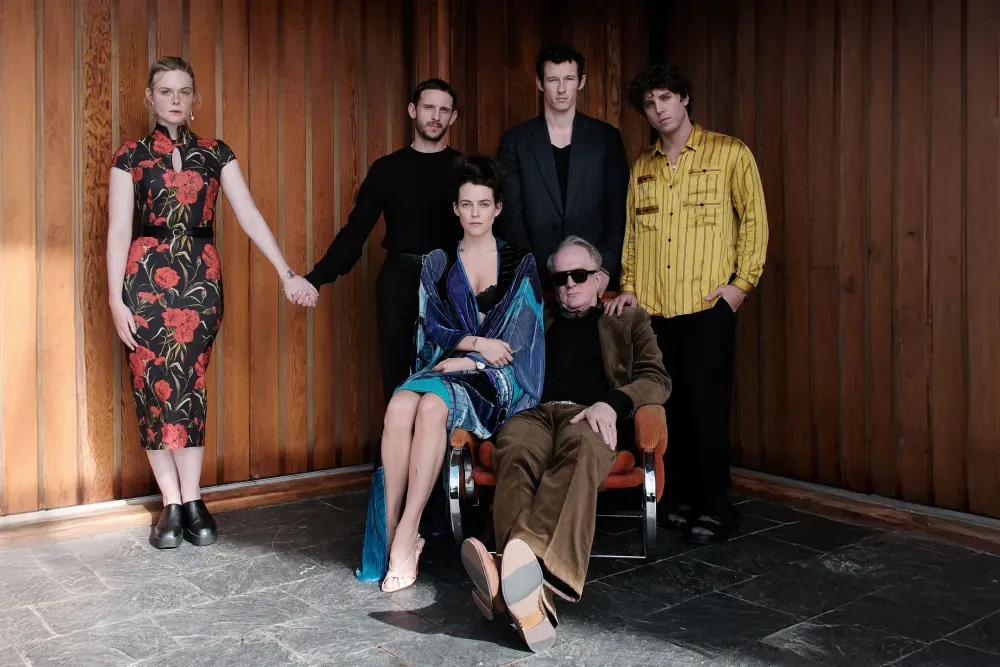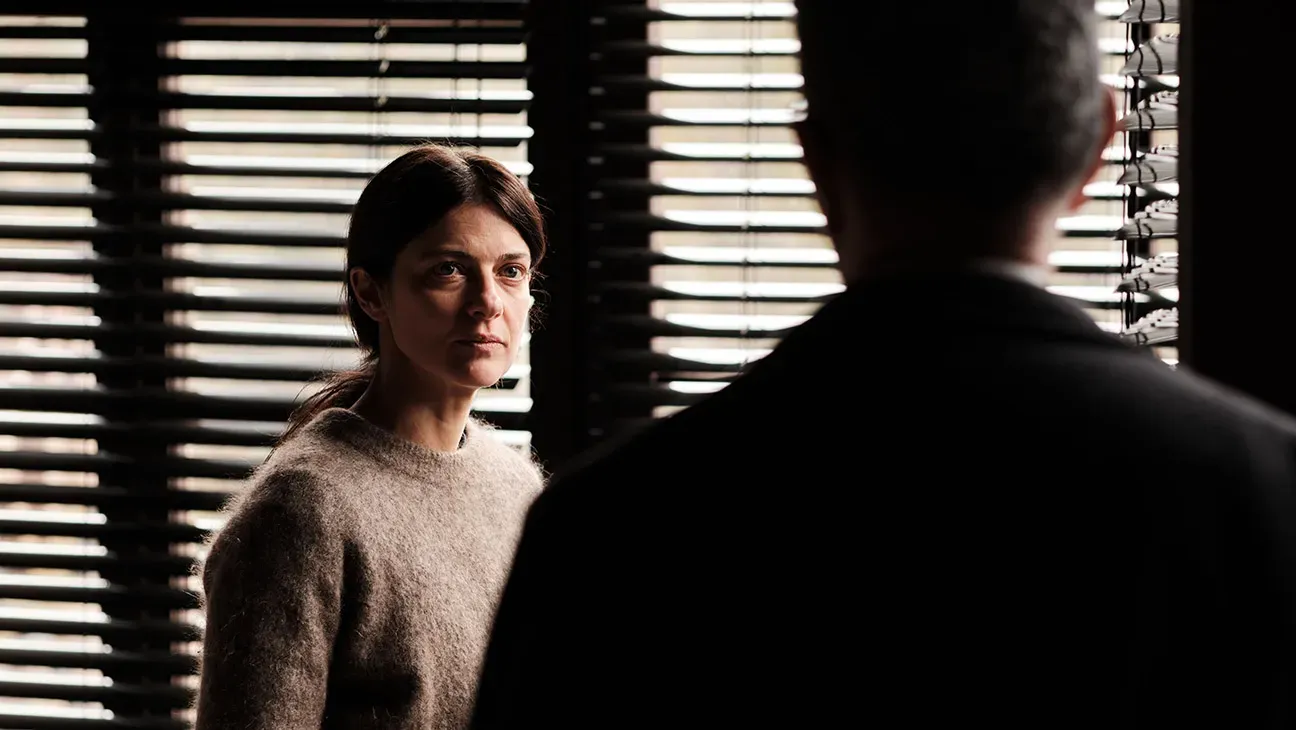
"Elisa": An Unusual Take on True Crime
- Sep 15, 2025
Welcome to the world of "Elisa", a silver screen masterpiece concocted by Leonardo di Costanzo, based on a true horror story. It paints a chilling portrait of a young woman, not just jailed but psychologically shackled for strangling her sister to death and then turning her into ashes. Yet, it isn't a detailed, grim retelling of the sinister act, nor a peep into a series of sensational trial episodes. Instead, it's an introspective journey into the heart of the convicted.
The movie is sparing with the spicy trimmings that could've made it a noisy thriller. Instead, it delves deep into the psyche of an ordinary woman, pushed by shadowy motivation into the unfathomable realm of murders and arson. We're not being led into a labyrinth of who and why but invited into a self-reflective exploration of how she could have possibly committed such an unthinkable act.
"Elisa", conceptualized from an essay by criminologists Adolfo Ceretti and Lorenzo Natali, is inhabited by intriguing characters, notably Professor Alaoui (captivatingly portrayed by Roschdy Zem), who works diligently to peel away layers of the enigmatic Elisa, played by Barbara Ronchi whose mesmerizing on-screen presence carries the film. There's palpable tension in the one-on-one sessions between Alaoui and Elisa, as the veil of self-imposed amnesia gradually lifts to reveal a tortured soul desperately seeking solace in self-deception.
Elisa is halfway through a 20-year sentence, not pleading innocent but unable to recollect the grim incident or her reasoning behind it. Her horrid crime acts as a jigsaw puzzle, gradually pieced together through flashbacks, unveiling a dysfunctional family, a distant mother, a doting father, a self-centered brother, and a doomed sister at the unfortunate receiving end.
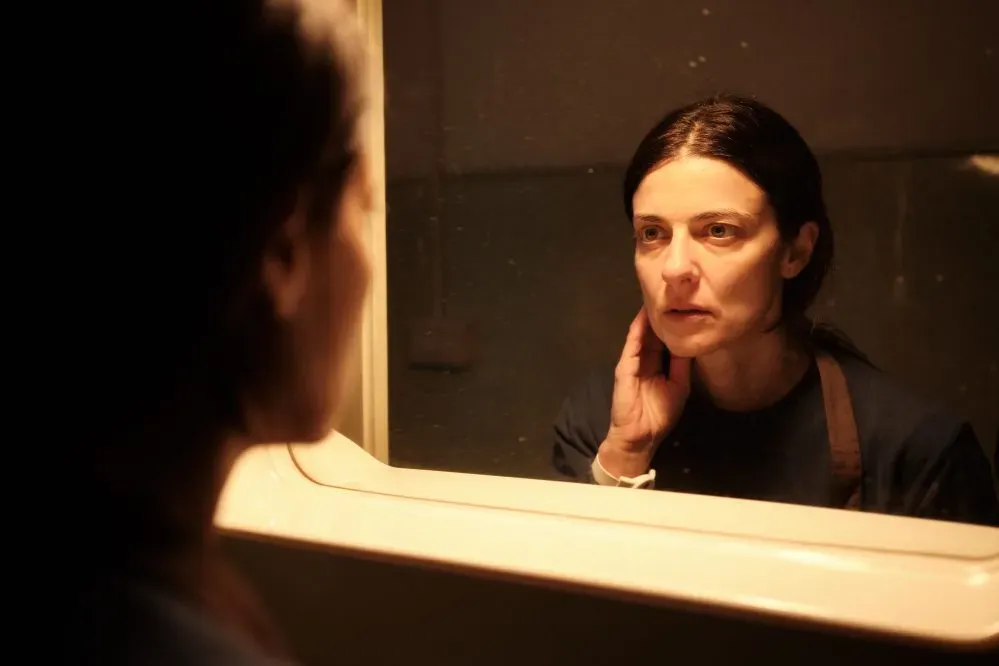
Alaoui and Elisa's rendezvous take place within the enchantingly scenic Swiss prison that might even give you second thoughts about your dedication to law and order. It's picturesquely nestled within wooded, snow-clad landscapes, operating as a forward-thinking institution where prisoners are served with croissants, treated with compassion, and afforded freedom within confines.
The film is an elegantly packaged dialogue about crime, punishment, and redemption, presented against a stunning backdrop captured by Luca Bigazzi's mesmerizing cinematography. As much as the film tries to escape the confines of the walls and engage with the heart-wrenching narrative of a mother mourning her son's untimely death, its strength lies in the one-on-one scenes between Elisa and Alaoui unraveling a psychological drama.
"Elisa" shines a glaring light on how committing a crime could precipitate an endless journey into self-imposed isolation and guilt, despite societal narratives that tend to glamourize murderers. It subtly reminds us that murder, no matter how intricately planned or executed, shrinks a criminal's world into a lightless abyss of fear, remorse, and entrapment.


